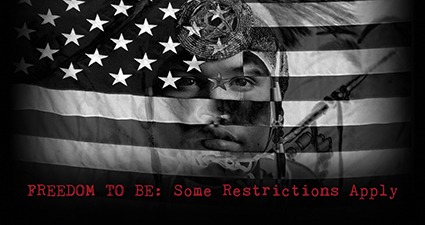
by bartmann | Apr 4, 2024
The United States was founded on broad principles of individual freedom – declarations of the right to “life, liberty, and the pursuit of happiness” were central to the American Revolution and the subsequent foundations of the new country. Looking back, we know that...
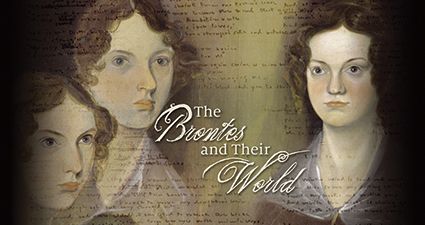
by bartmann | Apr 4, 2024
The Bronte family – their extraordinary literary output, as well as their fascinating lives – have become something like a cottage industry, inspiring imitators, adaptations, a tourist attraction, tea towels, dance, music, and even the names of three asteroids. What...

by bartmann | Apr 4, 2024
This seminar aims to elicit students’ participation in a free-spirited conversation and regain a sense of wonder and intimacy with architecture. The discussion topics will be based on five readings, which are accessible, practical, and poetic. They will offer a...
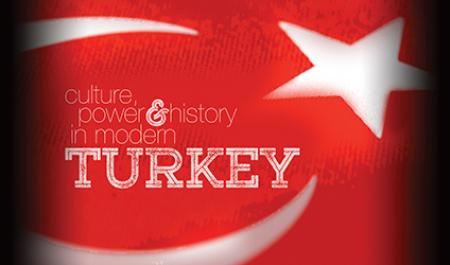
by bartmann | Apr 4, 2024
Turkey, one of the world’s most populous Muslim-majority countries, is a member of NATO and has tried to enter the European Union for over ten years. Since 2002 the country has undergone rapid and profound changes under the rule of the Justice and Development Party...

by bartmann | Apr 4, 2024
Set decorators call it the art of silent storytelling–how art direction and production design (everything on screen) establish and convey character and story. We examine this “narrative space” through three topics. “Life Stories” that range from personal to...
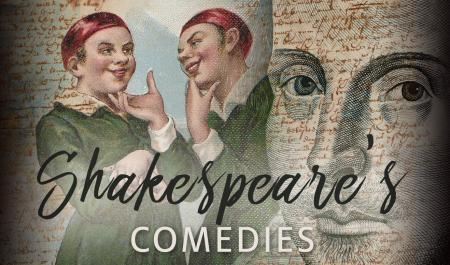
by bartmann | Apr 4, 2024
This seminar will concentrate on eight of Shakespeare’s comedies, among them Merchant of Venice, Twelfth Night, Measure for Measure, and The Tempest. The approach will assume that comedy is a genre distinguished not by light-hearted humor or triviality but by...
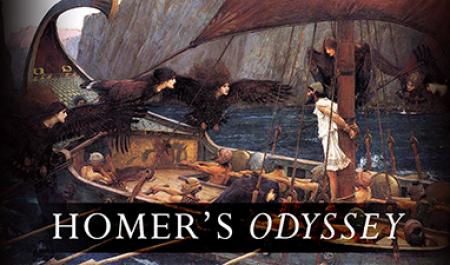
by bartmann | Apr 4, 2024
In this course we’ll explore Homer’s brilliant storytelling in The Odyssey: his tales of Odysseus’s struggles to return home after the Trojan War. While the poem highlights the hero’s fantastic adventures, the underlying meanings reflect profound social concerns:...

by bartmann | Apr 4, 2024
This course steps back from polls and punditry to reflect on broader historical developments. It considers women in politics, divisions between rich and poor, and ethnic minorities becoming the new majority. To deepen our analyses, we will consider writings on...
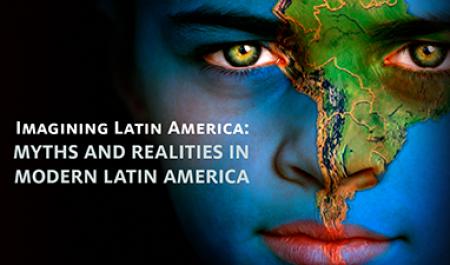
by bartmann | Apr 4, 2024
Stereotypes of dictators, machismo, endemic drug violence, and staunch Catholicism are often applied to Latin America. Countries as different as Argentina, Mexico, and Brazil are lumped together despite varying ethnicities and economics. How can we tell the difference...
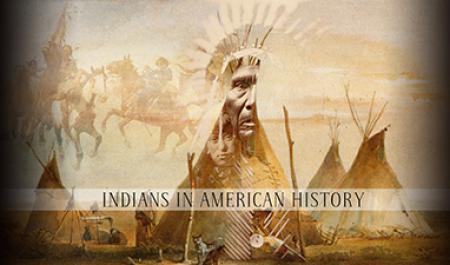
by bartmann | Apr 4, 2024
This course traces the often-changing experiences American Indians had from just before the War for Independence to the twentieth century. It will focus on how they dealt with the expanding nation and its pioneer citizens. Their tactics varied from contact,...
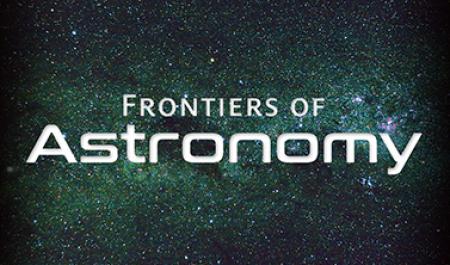
by bartmann | Apr 4, 2024
This survey of astronomy begins here on Earth and heads outward to the ends of the observable universe. We will explore the Sun, the Moon, and the most interesting planets in our stellar neighborhood. Comets, asteroids, the Kuiper Belt, and the Oort Cloud are the next...

by bartmann | Apr 4, 2024
This course steps back from polls and punditry to reflect on broader historical developments. It considers women in politics, divisions between rich and poor, and ethnic minorities becoming the new majority. To deepen our analyses, we will consider writings on...
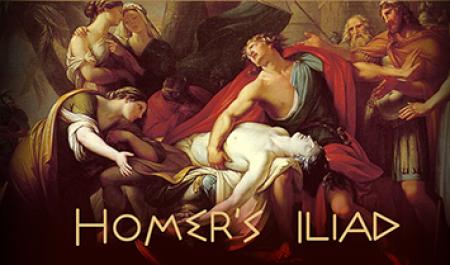
by bartmann | Apr 4, 2024
We initiate a year of exploring Homer by reading his scintillating epic poem presenting a few days near the Trojan War’s end: The Iliad. While the poem highlights battle and military matters, human complexities also emerge: conflict between military and domestic...
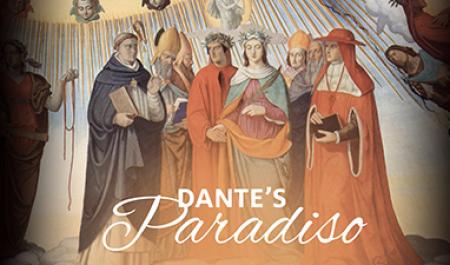
by bartmann | Apr 4, 2024
This class deals with the climax of Dante’s Divine Comedy. While Inferno depicts sin and evil, and Purgatorio portrays redemption, Paradiso illustrates the possibility of transcendence. Not only does a blessed soul understand the transcendent universe, but that person...
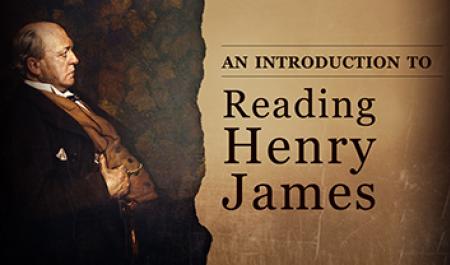
by bartmann | Apr 4, 2024
In this class we will begin to see for ourselves what James contributed to the art to which he devoted his entire life. The course will include lectures on the history and form of the English and American novel, Henry James’s life and times, selected passages from...
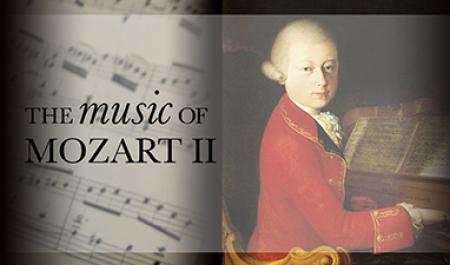
by bartmann | Apr 4, 2024
This course continues to survey Wolfgang Amadeus Mozart’s vast musical output from the unique perspective of specialists in the field, all professors at the University of Arizona Fred Fox School of Music. Jay Rosenblatt leads the first session with an overview of...
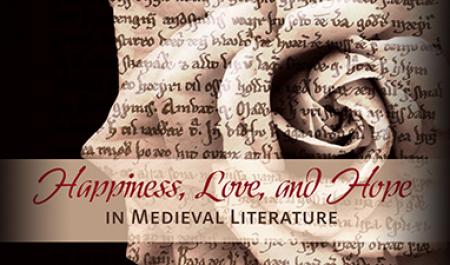
by bartmann | Apr 4, 2024
Medieval literature was not simply doom and gloom. It also had a strong sense of hope, happiness, and love, embodied best perhaps in the Holy Grail and courtly love. As in all other literary eras, we can also find many tragic or religious works. But one of the...

by bartmann | Apr 4, 2024
Who are the Turks? Where did they come from, and how did they help build the Islamic world? What role did they play in the Crusades? A major world power for nearly 500 years, how did they rule so much of Europe before finally taking Constantinople in 1453, and with...

by bartmann | Apr 4, 2024
This course will focus on some of the central and most significant texts from the Middle Ages which have withstood the test of time and continue to exert a tremendous fascination on us today. We will explore what some of the fundamental issues in human life have...

by bartmann | Apr 4, 2024
The year 2013 will commemorate the 200th anniversary of the birth of Giuseppe Verdi (1813–1901), and over four sessions we will survey his vast output of operas. The first lecture will provide an overview of Verdi’s life and career. We will also consider his most...





















